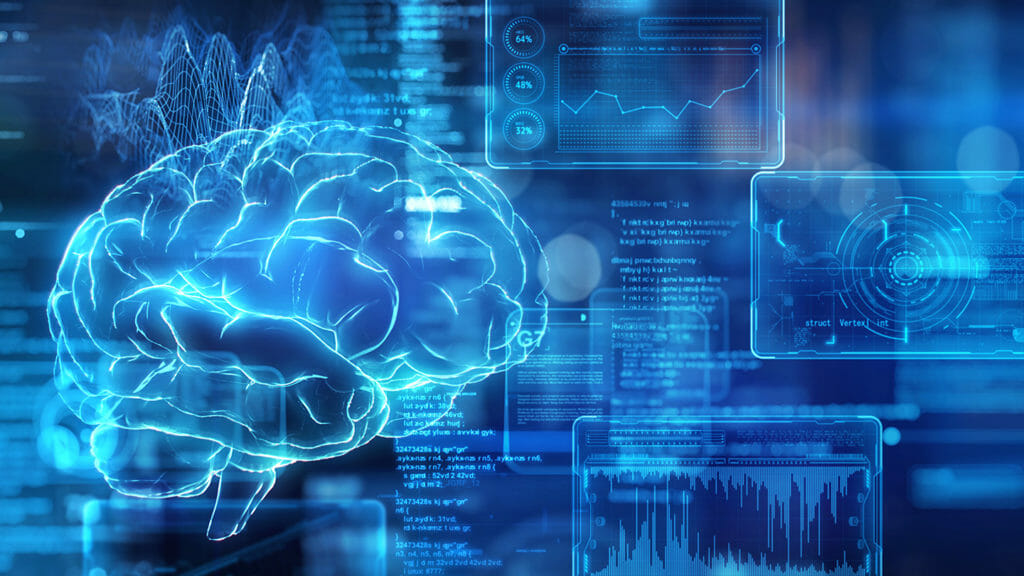What does your doctor think?
Stroke diagnosis and rehab gaining from new AI, robotics innovations

Stroke often is a harrowing and debilitating experience for older adults.
New technology, including a robotic hip device, aims to improve stroke intervention at every stage of the emergency, from diagnosis to recovery.
Two new software tools recently were released that use artificial intelligence to quickly analyze computed tomography brain scans. Meanwhile, research into the robotic “exoskeleton” — mobility aids that fit around the outside of the body — showed that users made meaningful improvements in walking and gait.
The implications can be profound for caregivers.
Roughly one in nine older adults living in residential care facilities have had at least once stroke, according to the Centers for Disease Control and Prevention. In addition, a majority of people who have a stroke end up needing to rehab, either for mobility issues or speech difficulties, CDC information shows.
Up to 80% of people who have had a stroke experience walking difficulty, according to the robotic hip developers.
The research, which took place at the University of Massachusetts Amherst, put users on a split-belt treadmill, which generates two different walking speeds for each leg, to help compensate for gait asymmetry.
The researchers’ ultimate goal, however, was to “train” the exoskeleton tech to mimic the asymmetry adjustments off the treadmill.
“The ultimate goal of gait rehabilitation is not to improve walking on a treadmill. It is to improve locomotor function overground,” senior study author Meghan Huber said in a statement. “With this in mind, our focus is to develop methods of gait rehabilitation that translate to functional improvements in real-world contexts.”
Across the Atlantic, the two AI-enabled software tools for stroke diagnoses, e-Stroke and RapidAI, recently were approved for clinical use by the UK’s National Institute for Health and Care Excellence.
The accelerated review of the CT scans also is meant to transfer information easily between points of care, so that everyone involved in the stroke survivor’s rehab is “on the same page” for treatment options, the AI researchers explained.
Many new innovations have been emerging to address the various stages of stroke, including other exoskeleton tools and smartphone apps. One such app for stroke rehabilitation will be tested at an upcoming stroke “boot camp” in California, the McKnight’s Tech Daily recently reported.
No comments:
Post a Comment